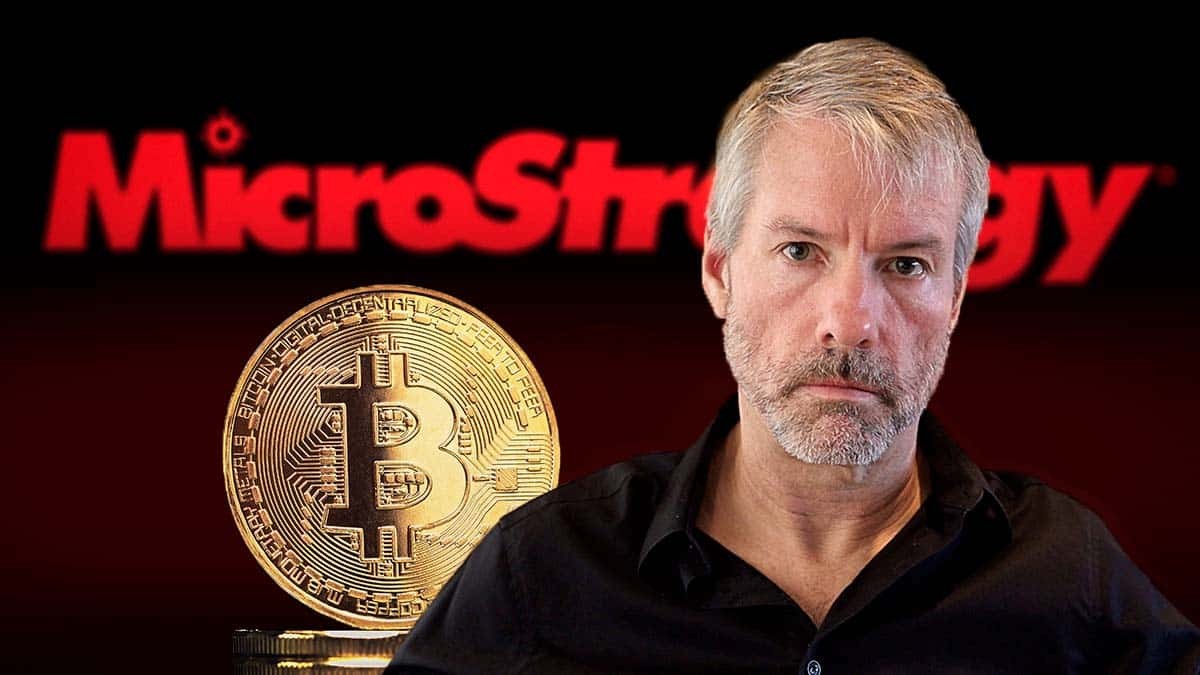
In the article, Dave Wang examines MicroStrategy’s aggressive Bitcoin acquisition strategy, which has raised concerns among critics who liken it to a Ponzi scheme. Since August 2020, MicroStrategy has been accumulating Bitcoin, funding these purchases through new debt and equity, leading some to question the sustainability and legitimacy of this approach.
Critics argue that MicroStrategy’s continuous Bitcoin accumulation, financed by issuing new shares and taking on debt, resembles characteristics of a Ponzi scheme, where returns for earlier investors are generated through the capital of newer investors. This strategy has sparked debates within the financial community, with some analysts expressing skepticism about the company’s long-term viability under this model
However, supporters contend that MicroStrategy’s approach is a legitimate investment strategy aimed at leveraging Bitcoin’s potential as a store of value. They argue that, unlike a traditional Ponzi scheme, MicroStrategy’s assets—namely, its Bitcoin holdings—have intrinsic market value, and the company does not guarantee specific returns to investors. This perspective suggests that while the strategy is bold and carries inherent risks, it is not inherently fraudulent.
Read the full article: Is Microstrategy a Pyramid Scheme?